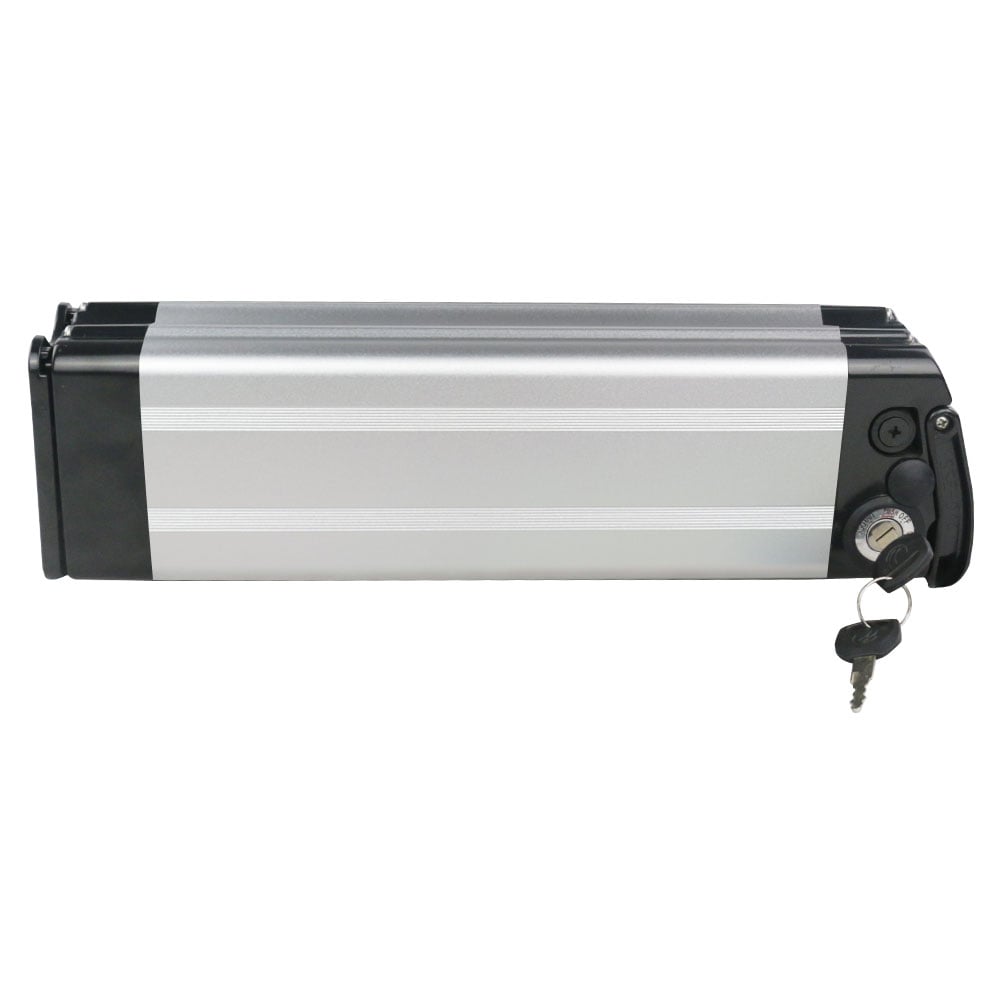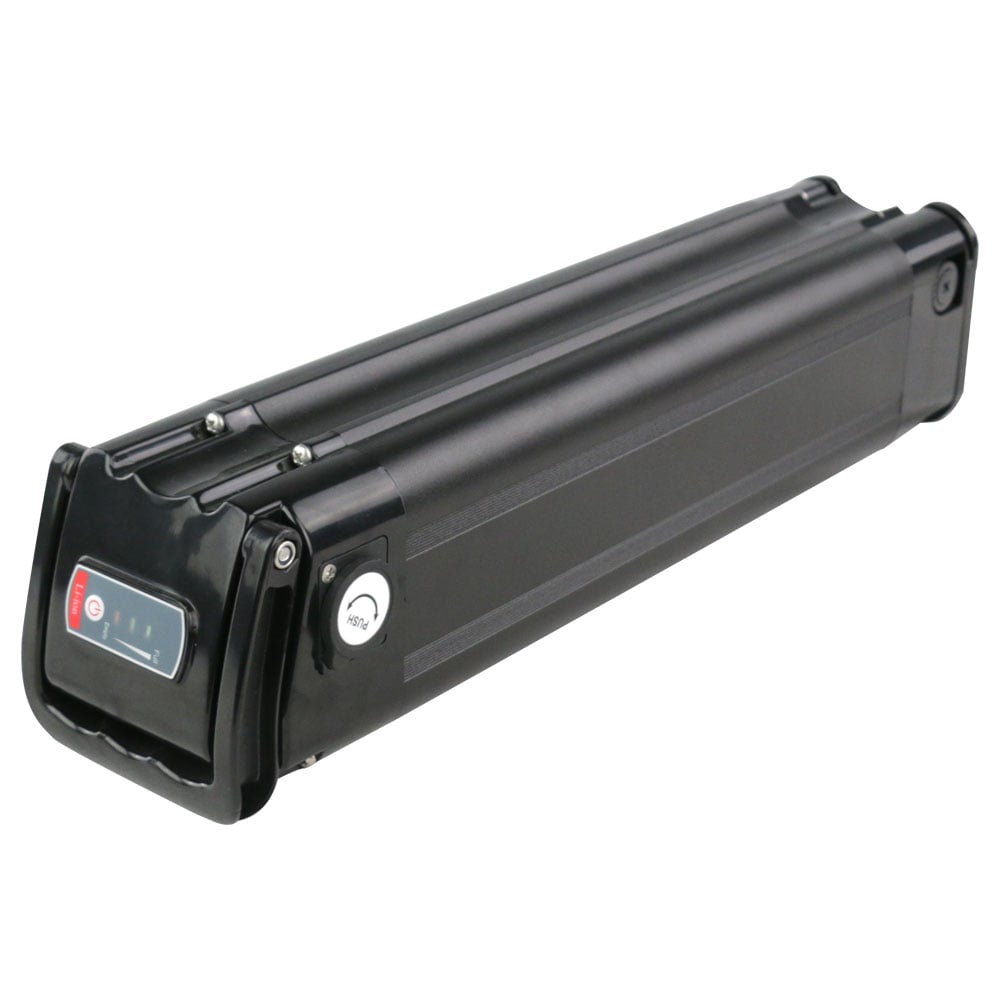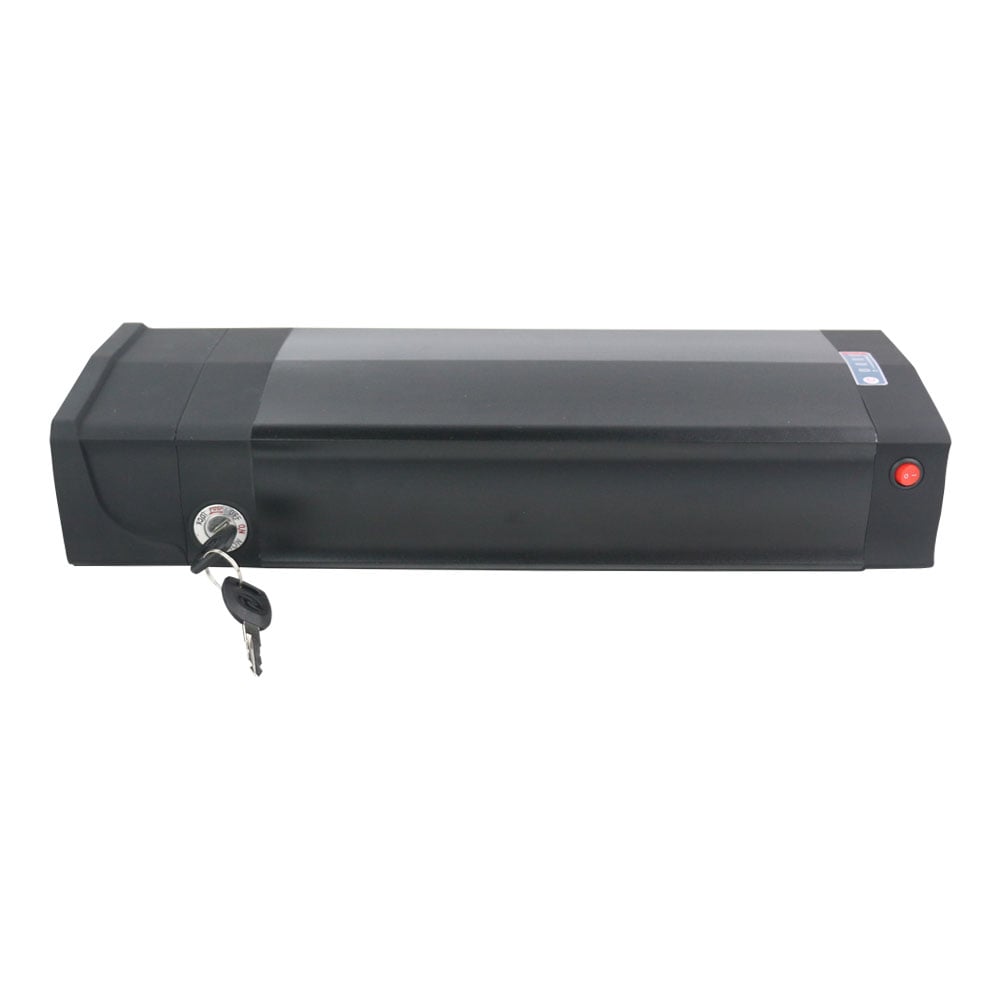Introduction: In the realm of energy storage, the rise of do-it-yourself (DIY) projects has led to an exciting frontier: crafting your own lithium batteries. From electric vehicles to eBikes, the allure of customization and innovation has driven enthusiasts to explore the art of building their lithium power packs. In this article, we'll delve into the realm of DIY lithium batteries, addressing critical questions about their compatibility with electric vehicles and eBikes, the importance of Battery Management Systems (BMS), and the intriguing comparison of their lifespan against commercially available batteries.
Can I use a DIY lithium battery for my electric vehicle or eBike?
The concept of powering an electric vehicle or eBike with a DIY lithium battery is both tantalizing and complex. While it's technically feasible, there are essential factors to consider before embarking on such a project:
-
Customization Advantage: DIY lithium batteries offer the advantage of customization. You can tailor the battery pack's voltage, capacity, and configuration to match your vehicle's specifications, potentially enhancing performance and range.
-
Safety and Reliability: Building a battery for a vehicle requires utmost attention to safety and reliability. High-quality components, precise assembly, and adherence to safety guidelines are crucial to ensure the battery can handle the demands of transportation.
-
Technical Expertise: Electric vehicles and eBikes require intricate electrical systems. A deep understanding of battery chemistry, electrical circuits, and integration with vehicle electronics is essential for a successful project.
-
Regulations and Standards: Electric vehicles and eBikes are subject to regulations and safety standards. Ensuring your DIY battery complies with these standards can be challenging but is essential for roadworthiness and user safety.
There are several hot sale models of vehicle batteries in Keshee, some batteries are shown as bellow:
What is a Battery Management System (BMS) and do I need one for my DIY lithium battery?
A Battery Management System (BMS) is a critical component when dealing with lithium batteries, especially in DIY projects. A BMS is like a vigilant guardian that oversees and safeguards the battery pack:
-
Cell Monitoring: A BMS monitors the voltage, temperature, and state of charge of individual cells within the battery pack.
-
Balancing: It ensures that cells are charged and discharged evenly, preventing overcharging of some cells and undercharging of others.
-
Safety: A BMS protects against overcharging, over-discharging, and short circuits, enhancing the safety and longevity of the battery.
-
Optimization: BMS systems often provide data that can be used to optimize battery performance and improve efficiency.
In the realm of electric vehicles and eBikes, a BMS is a crucial component to ensure the safe and reliable operation of your DIY lithium battery. While it adds complexity, the benefits in terms of safety and performance far outweigh the challenges.
What is the lifespan of a DIY lithium battery compared to commercial batteries?
Lifespan is a crucial consideration in any battery application. When comparing the lifespan of a DIY lithium battery to that of commercially available batteries, several factors come into play:
-
Quality of Components: Commercial batteries are often manufactured with high-quality cells and adhere to industry standards. DIY batteries' lifespan can vary depending on the quality of components used and the precision of assembly.
-
Maintenance and Care: Proper care, charging habits, and maintenance significantly impact battery lifespan. Commercial batteries may come with optimized charging protocols and warranties that DIY batteries may lack.
-
Skill and Expertise: The builder's expertise in designing, assembling, and maintaining the battery pack plays a vital role in determining its lifespan. Professional manufacturers have a wealth of experience in optimizing battery longevity.
-
Warranties: Commercial batteries often come with warranties that cover performance and lifespan. DIY batteries may lack this assurance.
In conclusion, while a well-designed and carefully assembled DIY lithium battery can potentially match or even exceed the lifespan of some commercial batteries, it requires a deep understanding of battery technology and vigilant maintenance practices.
Conclusion: The realm of DIY lithium batteries is one of boundless creativity and innovation, offering a gateway to powering electric vehicles and eBikes in personalized ways. However, embarking on such projects demands a fusion of technical prowess, dedication to safety, and a thirst for knowledge. From understanding the role of a Battery Management System (BMS) to considering lifespan implications, DIY lithium batteries are a realm where dreams meet reality through ingenuity and expertise.




